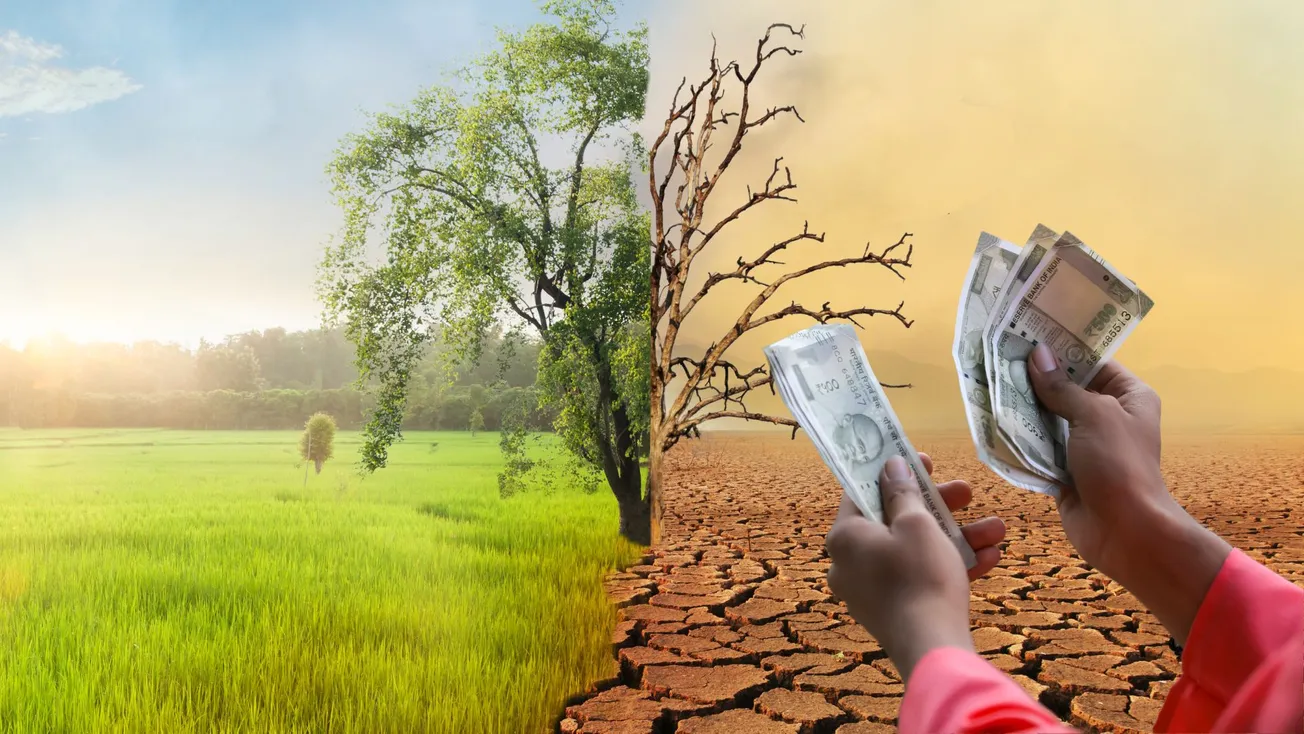Here is a news flash that won’t surprise you.
Recent studies have indicated that by 2030 the use of fossil fuels will have increased enough worldwide that carbon emissions will raise global temperatures beyond the 2 degrees centigrade that scientists tell us will make the consequences of climate change irreversible.
In light of our human need to increase our use of coal, oil, and gas to keep our economy strong, it is time to take a second look at all the negative garbage we hear about the troubled times that lie ahead for the human species. Let’s look at climate change as an opportunity rather than something to be feared.
Consider this: To make life just a bit easier, our families will soon need extra money to move, rebuild, or remodel after the increasing number and severity of storms, fires, and droughts we will face. We need to provide our descendants with enough money to purchase all the things they will need to survive in the future.
Therefore I propose that those of us with a few extra dollars think seriously about investing our money in the following enterprises:
- Companies that produce, transport, or sell bottled water. After all, sales of this commodity will boom over the next several decades as we drain our aquifers and experience long periods of drought;
- Companies that manufacture and install large, multi-room underground storm shelters or retrofit old bomb shelters. These will be useful for protection and living space as we rebuild our homes after they have been destroyed by tornados, hurricanes, or massive uncontrolled fires;
- Companies that produce building materials needed to rebuild our cities and towns after storms and other natural disasters have contributed to deforestation;
- Construction companies will be very profitable as well, not only from rebuilding our homes, but also from build the many new flood walls around our coastal cities to protect against the sea level rise some alarmists expect;
- Companies that produce sun screens and similar protective materials, as well as the retail outlets that sell these products;
- Companies that produce and/or install solar panels in homes, businesses, and other buildings in which we work or play. Solar power use will increase as the heat rises and fossil fuels increase in price due to growing scarcity, something that should occur soon after 2030;
- Companies engaged in hydroponic farming. As grazing land for cattle in the west and other agricultural lands return to the deserts they once were, more food, including non-meat “hamburger,” may have to be grown indoors using water without soil.
This is an incomplete list of investment opportunities. Many of you will think of other ways to benefit our children. For example, we will need some “cooling centers” as the air temperature becomes unbearable to humans. Private security agencies and gun manufacturers might also be good bets.
And in America, the air we breathe, the chemicals in our food, and some of the water we drink has unfortunately caused an increase in diseases of the lung and heart, including cancers of various sorts. This demographic fact, when combined with our lower birth rate, is causing the American population to shrink.
Yet, even this offers us an opportunity. Because of our population decline we definitely need to welcome more immigrants to our country to staff our businesses, work in our factories, and grow our food. These folks will work for lower wages and thus will be a welcome addition to our workforce, and it may result in less of a problem with inflation in coming years.
And maybe it is time to stop bashing capitalism as we liberals so often do. After all, our capitalist economy, which has now even spread to socialist countries like China, has helped create climate change with the many new economic opportunities it now brings us. These economic benefits will continue to grow as growth is the essence of capitalism.
So let us not despair. Increased use of fossil fuels is a good thing. It will help us grow our wealth at the same time we help prepare our families for the future, however short that future might be.
What more could we want?
--30--








